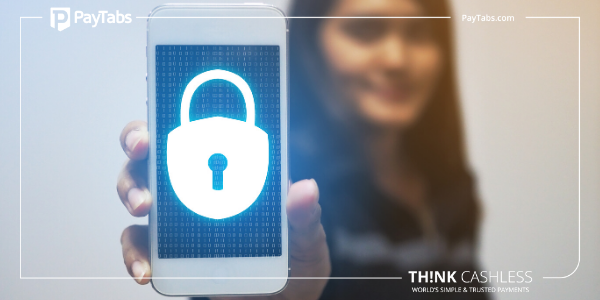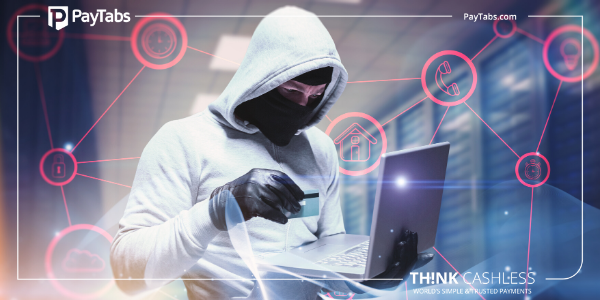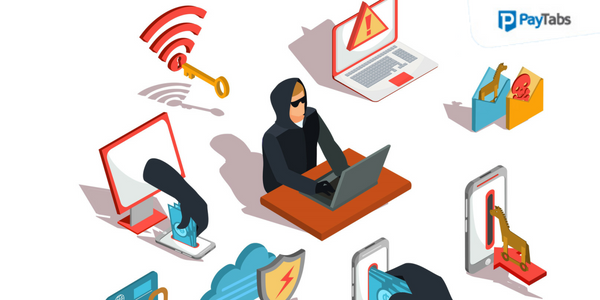Tips to Prevent Ecommerce Fraud during the COVID-19 Pandemic

COVID-19 has not only changed the way we define a normal life, but also impacted the ecommerce industry massively. Online businesses have had to change many of their usual practices to survive during these challenging times. Moreover, even the customers had to change the way they shop and the way they transact online. However, these rapid changes come with the increased risk of online frauds. Fraudulent activities like spamming, phishing and stealing of identity can be damaging to both businesses and to the shoppers. In order to safeguard your business and your customers against such cyber attacks, here are some tips for enhanced security.
- Beware of Trends: The most challenging aspect of online frauds is their versatility. These frauds may take place in a variety of ways, through stealing of password or the use of Trojan virus. In order to safeguard your business and your business associates, it is important that you are aware of the latest types of frauds perpetrated. Some of the most common online scams during the current crisis are retail arbitrage, reselling and account takeover. It is important to be aware of these trends so that you are not caught off-guard. It is equally vital that you spread this information among your associates, as the pandemic outbreak has made everyone more susceptible to scams and frauds.
- Choose the Right Payment Gateway: As more and more people are relying upon ecommerce businesses for fulfilling their requirements, there has been an unprecedented increase in online payments. In such cases, it is important for online businesses to choose reliable payment processing service providers. If your payment provider has a solid track record, you can minimize the possibility of online frauds for your own business and your associates. High quality payment processors use state of the art technologies to protect their systems against any cyber attacks. They also tweak their processes in line with the latest attack trends. This will also ensure that your system does not break down under the pressure of increased payments and transactions.
- Disseminate Information: As important as it is to be aware of different online scams, it is equally necessary to keep your employees and associates fully informed as well. You can conduct seminars or workshops to keep your employees updated about such scams. You can also send newsletters or pamphlets to your clients about various precautions they can take to minimize the possibility of online frauds. This exercise may help you in creating a positive rapport with your client base as well. You can enhance your goodwill while bonding with your clients and ensuring their safety at the same time. You may also apprise them of critical points to watch out for.
- Be Proactive: During these difficult times, it pays to be proactive. While you should keep your tools and programs updated, you should also remain aware of any uncommon or strange transactions and incidents. For example, you should carry out an extensive check if you notice a new account making significant transactions. In case of an old account making unusual purchases, it would be prudent to cross-verify the details. Such vigilance can not only save your business but may also provide extra security to your customers. Similarly, you should ask your associates to remain vigilant about any red flags.
- Use Common Sense: It’s true that almost all businesses are facing hard times due to the COVID outbreak. However, common sense should still prevail. So, remain as watchful as you would be during normal times, and exercise the same type of caution, if not more. Encourage your customers to change passwords regularly and make sure they are as complex as possible. Do not click on any suspicious link and never ever reveal your own passwords to anyone. You should also remain in close contact with your clients so that they know the real time status of their transactions. Such monitoring will help in reducing the possibility of any frauds or scams.
Like any uncertain or chaotic situation, the current pandemic has many hackers and spammers to become more active than usual. But by following these simple tips, you can keep your business safe and secure.




